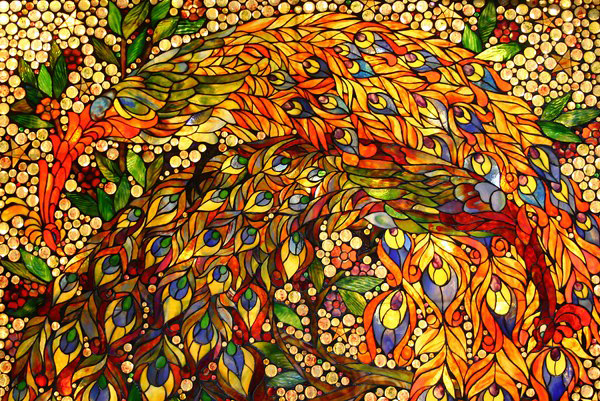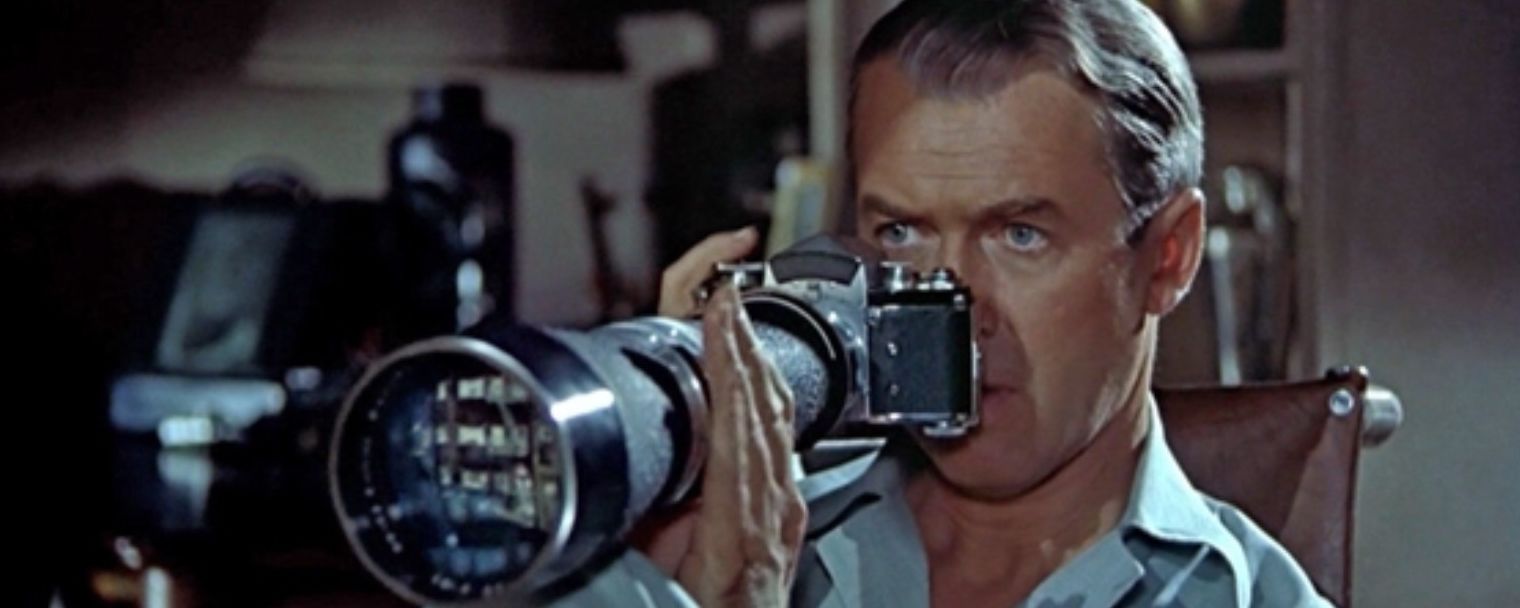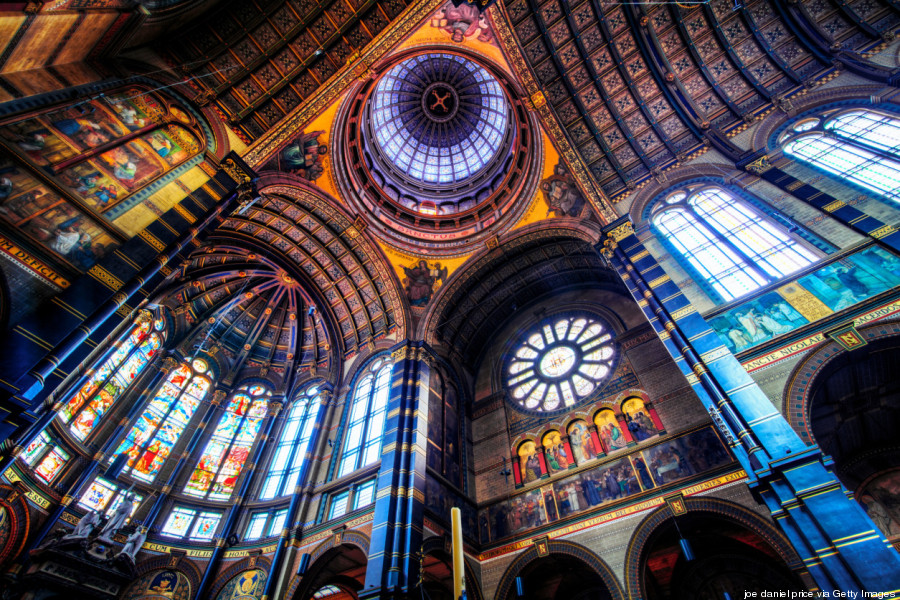By The Landlord
“What light through yonder window breaks?” – William Shakespeare
“The blushin' bride, she looks divine
The bridegroom he is doin' fine
I'd rather have his job than mine
When I'm cleanin' windows.” – George Formby
“I went window shopping today. I bought four windows.” – Tommy Cooper
Are windows for seeing out, or looking in? Both of course, and through them can be glimpsed a source of every conceivable emotion, every pleasure, pain, longing, jealousy, boredom, passive or active, of relief, safety, surprise, horror or wonder. Windows are a portal to countless other worlds, real or imaginary. That could be a street or countryside view, from a house, maybe a train or bus, or conversely into a more private universe, someone’s room, and of course, through souls’ metaphorical windows, the eyes.
Windows are a transparent, but also sometimes opaque barrier that illuminates human nature, and for songwriters, they are a huge source of inspiration. Who does not, from time to time, daydream, gazing from a window, curious about a person, a crowd, an event, a passing sight, and what then stimulates us within. Even a smartphone could be seen as a window (a limited one) but it’s not what’s on view that matters, butt what the viewer sees in their mind’s eye. So this week we’re looking for, and through any songs that mention in titles, or lyrics, real or metaphorical, any kind of window.
Windows stimulate us from the moment we are born. The womb is the very first one we are pulled out of, into a fantastical cacophony of light, movement, shape and sound, danger and fun. And for some people of a certain generation, this portal of the imagination was framed through different shapes on the pre-school TV programme Play School. Enjoy a bit of it here, with wobbly jellies, the brilliant Derek Griffiths, and towards the end, choosing one through which to enter. Which window shape today?
And so of course, glimpsing the tempting glow of the Song Bar window light, lots of music and another illuminati are coming in to tell us about this topic. Here’s guitar-rocking legend Richie Blackmore about his childhood: “They used to complain at school that I looked out of the window for long periods of time - that sums up my life. I like to look out the window, do nothing, daydream.”
In response the toothy, chirpy opener by George ‘ooh mother’ Formby, there are plenty of potential pane washers at our windows with many a song, but here’s Iron Maiden’s Bruce Dickinson, using it with a wider wipe of metaphor: “My dad always told me, 'I don't care what you do. Just aim to be the best at it. Even if it's the world's best window cleaner.'” That would certainly suit William Makepeace Thackeray, who approves of Bruce’s ambition: “An evil person is like a dirty window, they never let the light shine through.”
And hearing about the Tommy Cooper joke above, Paul McCartney’s here to give us a taste of his own window-shopping wit, pulling out his guitar to sing a line: “Buy, buy, says the sign in the shop window. Why, why, says the junk in the yard.”
Windows are certainly seductive if dressed right, from famous chain stores, selling everything to doggies, to, in another setting, ladies of the night hanging out in the shopfronts of Amsterdam and elsewhere, bathed in a ruddy light. But on a more elevated level, stained-glass windows have for centuries been a beautiful artform created to glorify the Christian god. But they need not be limited to that particular sphere. Have a look at this feathery wonder:
Bird mosaic window
“People are like stained-glass windows. They sparkle and shine when the sun is out, but when the darkness sets in, their true beauty is revealed only if there is a light from within,” says the psychiatrist Elisabeth Kübler-Ross. It’s a bit of a generalisation, but I know what she means. But first let’s look at a more historical perspective. Windows have been important to us even before in the invention of glass, whether that’s as lookout posts, or for shooting arrows through the slit-like holes in castle turrets. Windows are for letting air in, and smoke out of huts, igloos or castles. They are for letting light in but for keeping the cold out. But windows have also been exploited. In the UK, Ireland and France, it was used as a form of taxation. Window tax was introduced in 1696 and not repealed fully until 1851, which explains why some older buildings have many side-windows bricked up.
But if you brick up, or block your windows for any reason, it might cost you less tax, but it could cost in other ways. “It was luxuries like air conditioning that brought down the Roman Empire. With air conditioning their windows were shut, they couldn't hear the barbarians coming, “ says Garrison Keillor.
"If I had the use of my body, I would throw it out the window,” said Samuel Beckett. “Jump out the window if you are the object of passion. Flee it if you feel it. Passion goes, boredom remains.” said Coco Chanel. “But don’t literally jump,” say I, unless, perhaps you’re the painter Francis Bacon, who apparently enjoyed being defenestrated. But leaping, involuntarily or not, from windows can also change history.
Matthäus Merian the Elder: The Defenestration of Prague, 1646.
The two Defenestrations of Prague, in which people where literally thrown from windows caused wars, the one in 1419 leading to the Hussite War, and the second in 1618 being a flashpoint for the Thirty Years War, which changed the map of Europe and devoted the continent. Windows have also been the focus points of many historic and contemporary tragedies, chiefly when people are faced with the prospect of choosing or having to jump from them, for example the Big Crash of the 1930s Great Depression, leading to suicides in New York, to those that had little choice but to leap from the Twin Towers of 9/11, or more recently from the blaze at London’s tragic and preventable Grenfell Tower disaster. Windows present images that can be grisly and tragic as well as the opposite.
Windows can certainly change lives in all sorts of ways. “Faith goes out through the window when beauty comes in at the door,” quips the English philosopher George Edward Moore. “Well,” says Julie Andrews, not yet breaking into song, but you never know, as she gazes out onto those hills alive with something, “when one door closes, another window opens.” She’s opened us onto the window of film, so how best to set the scene? “An actor entering through the door, you've got nothing. But if he enters through the window, you've got a situation.” says Billy Wilder.
Jimmy Stewart's on the lookout in Rear Window
But perhaps there are few better window setter than Hitchcock’s Rear Window, in which wheelchair bound photographer Jimmy Stewart, helped by Grace Kelly, gazes upon the many lives of his neighbours, and gets sucked into a murder plot. There can be no finer vision of how windows can work both ways.
Windows might be all about privacy as well as being able to see, but here’s a political intervention from John Perry Barlow.“Relying on the government to protect your privacy is like asking a peeping tom to install your window blinds.” Blinds are curtains then, also handy reference for finding song sources …
Windows can also be very, very scary. Take this clip from the 1939 film, The Face At The Window (the clue’s in the title). Wait for it …
Or indeed the moment that Withering Heights’ Heathcliff is haunted by Cathy’s ghost with a tapping branch. Terrifying.
Windows are awash in many movies, and magical moments, tragic, comic and revelatory, from Quentin Tarantino’s Pulp Fiction to the moment when Father Ted drives his car with an angry naked man on the windscreen.
Car windscreens are a fabulous image for songwriters too, from what’s on the front seat to the backseat. Here’s Edie Brickell: “A lot of the songs start with an image. I was sitting there playing the guitar and I pictured this old, dirty green car, with the window rolled down, in the hot, hot, hot Texas heat, and this beautiful woman I knew when I was a kid sitting behind the wheel, looking out at me.”
“Bad weather always looks worse through a window.” says the brilliant songwriter Tom Lehrer. But weather on windows is a source of inspiration to some, including the American photographer Saul Leiter: “A window covered with raindrops interests me more than a photograph of a famous person.” But perhaps in anticipation of the deluge of songs that are going to be nominated, perhaps it’s time to have a sample here. What might Ann Peebles think?
Windows can also capture passing images, as well as fixed ones, and with that, the inspiration presented by transport. “Despite having seen a fair amount of the world, I still love travelling - I just have an insatiable curiosity and like looking out of a window,” says Michael Palin. And here’s his Monty Python colleague, Terry Jones, giving a different view of human nature: “Some people are passionate about aisles, others about window seats.”
Windows then are all kinds of things, not merely sources of light and images, but for Shakespeare described even as wounds, windows on to the body. Stephen Pinker takes this even further. “Language is a window into human nature, but it is also a fistula, an open wound through which we're exposed to an infectious world.”
But let’s end on a clear, upbeat, metaphorical note: “Music is critical in our lives and culture. It's the inspiration that drives us. It's also the window to our souls. It's a reflection as to who we are, what we stand for and where we're going.”
So then, here is the window of opportunity. Place your songs on this topic in the window boxes below. Our clear-sighted expert, seeing through everything, I’m sure, comes in the form of a new Song Bar guru, but one who has proved to have great clarity and insight already in nominations - our very own nosuchzone! Welcome! Deadline is Monday at 11pm UK time, for polished playlists published next Wednesday. I can’t wait to see all of it.
Stained glass glory
New to comment? It is quick and easy. You just need to login to Disqus once. All is explained inAbout/FAQs ...
Fancy a turn behind the pumps at The Song Bar? Care to choose a playlist from songs nominated and write something about it? Then feel free to contact The Song Bar here, or try the usual email address.





